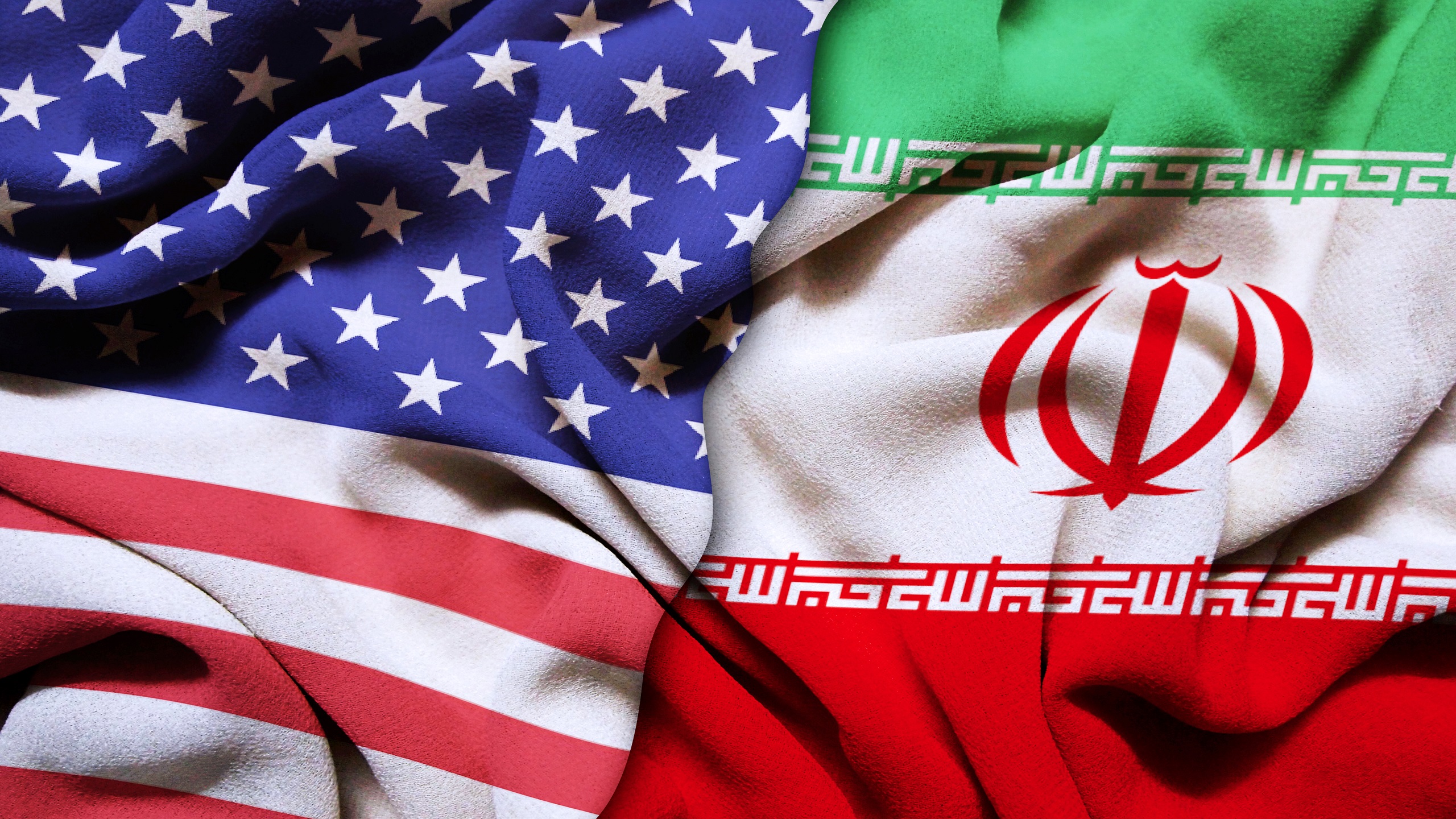Trump Eyes Diplomacy on Iran, Considers Envoy Witkoff for Key Role
US President Donald Trump signaled a potential shift in his administration’s approach to Iran, emphasizing diplomacy over military action while hinting at appointing Steve Witkoff, his Middle East envoy, to spearhead these efforts. Speaking on Thursday, President Trump said resolving the Iranian nuclear issue without military escalation, such as an Israeli strike, “would really be nice.” His remarks follow reports that Witkoff, who played a key role in brokering the recent Gaza ceasefire and hostage release, may lead Washington’s Iran policy.
While the president did not confirm Witkoff’s appointment, he described him as “certainly someone I would use” and praised his effectiveness in prior negotiations. Witkoff has echoed the president’s desire for a diplomatic resolution, stating, “The president is all about solving it diplomatically, if that’s possible.”
The current situation stems from President Trump’s 2018 withdrawal from the 2015 Iran nuclear deal, also known as the Joint Comprehensive Plan of Action. The deal, brokered under President Barack Obama, provided sanctions relief in exchange for limits on Iran’s nuclear program. Following the withdrawal, the Trump administration imposed stringent sanctions under its “maximum pressure” campaign. Iran, in turn, breached key elements of the agreement, including enriching uranium closer to weapons-grade levels.
Give the gift of hope
We practice what we preach:
accurate, fearless journalism. But we can't do it alone.
- On the ground in Gaza, Syria, Israel, Egypt, Pakistan, and more
- Our program trained more than 100 journalists
- Calling out fake news and reporting real facts
- On the ground in Gaza, Syria, Israel, Egypt, Pakistan, and more
- Our program trained more than 100 journalists
- Calling out fake news and reporting real facts
Join us.
Support The Media Line. Save democracy.


In recent weeks, Iranian officials have expressed interest in resuming talks. European diplomats meeting with their Iranian counterparts in Geneva reported that Tehran conveyed its willingness to negotiate a new agreement. However, they also urged Iran to present a proposal with greater concessions. President Trump has indicated that the US is open to re-engaging but emphasized that Iran must adhere to stricter terms.
The new US president’s approach to Iran remains a subject of internal debate. While Witkoff’s potential appointment suggests a focus on diplomacy, other officials, including national security adviser Michael Waltz and Secretary of State Marco Rubio, favor a more assertive stance. Critics of Witkoff’s role argue that his approach risks easing pressure on Iran and its regional proxies, such as Hamas and Hezbollah.
President Trump’s second-term administration also includes figures advocating caution in military matters. Michael DiMino, the Pentagon’s top Middle East official, and Elbridge Colby, the nominee for undersecretary of defense for policy, have both argued against escalating conflict with Iran.
Despite the president’s stated preference for diplomacy, significant obstacles remain. Iran’s government has faced economic hardship due to US sanctions and is unlikely to agree to the stringent conditions demanded by Washington. At the same time, tensions in the region, exacerbated by Iran’s support for armed groups targeting Israel and US allies, complicate the prospect of a deal.
As the Trump administration weighs its next steps, the president underscored the importance of maintaining the fragile Gaza ceasefire, warning that any breakdown in the agreement would lead to “a lot of problems.” Whether Witkoff’s involvement can extend the ceasefire’s success to the broader challenge of Iran’s nuclear ambitions remains to be seen.

